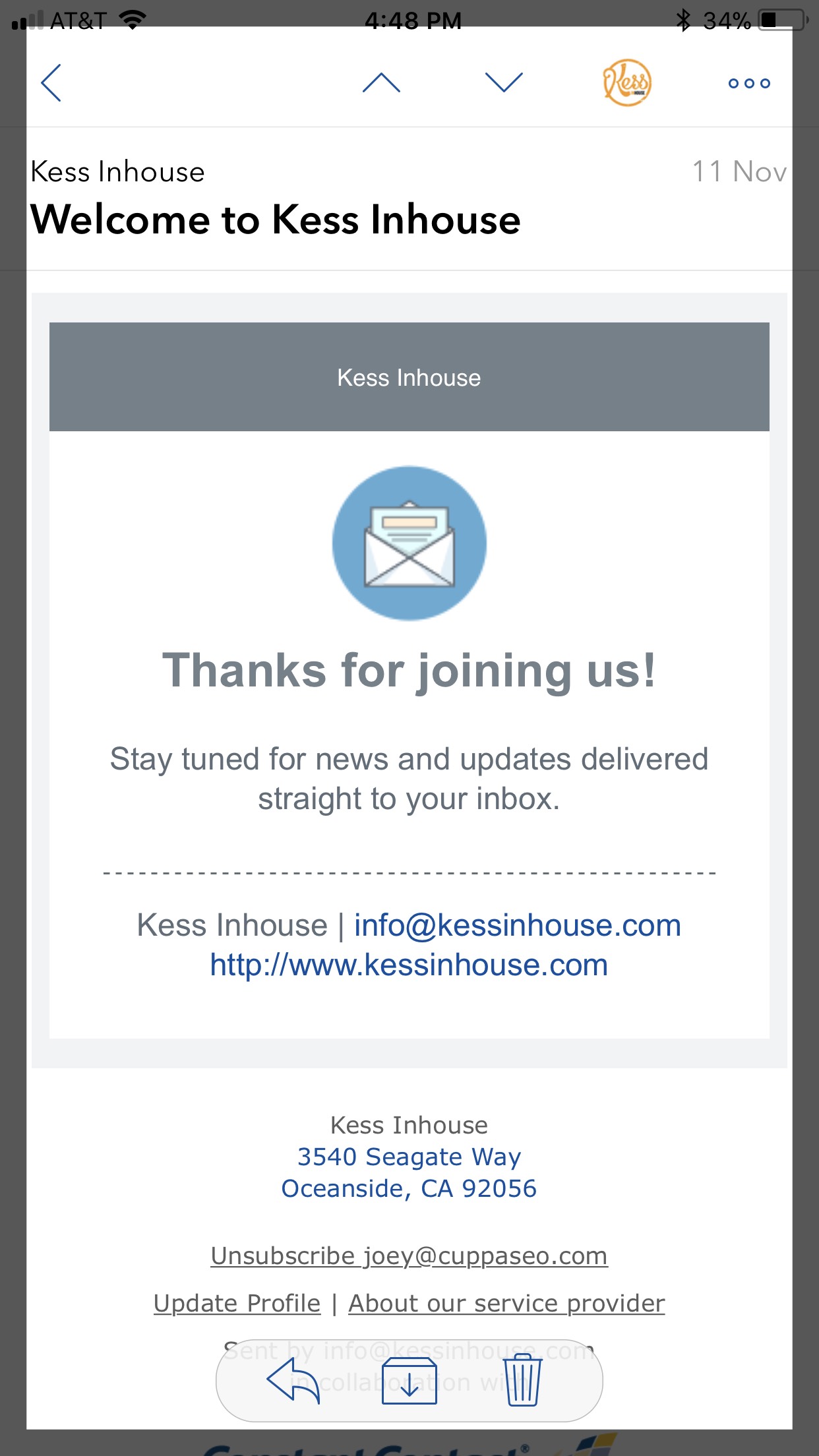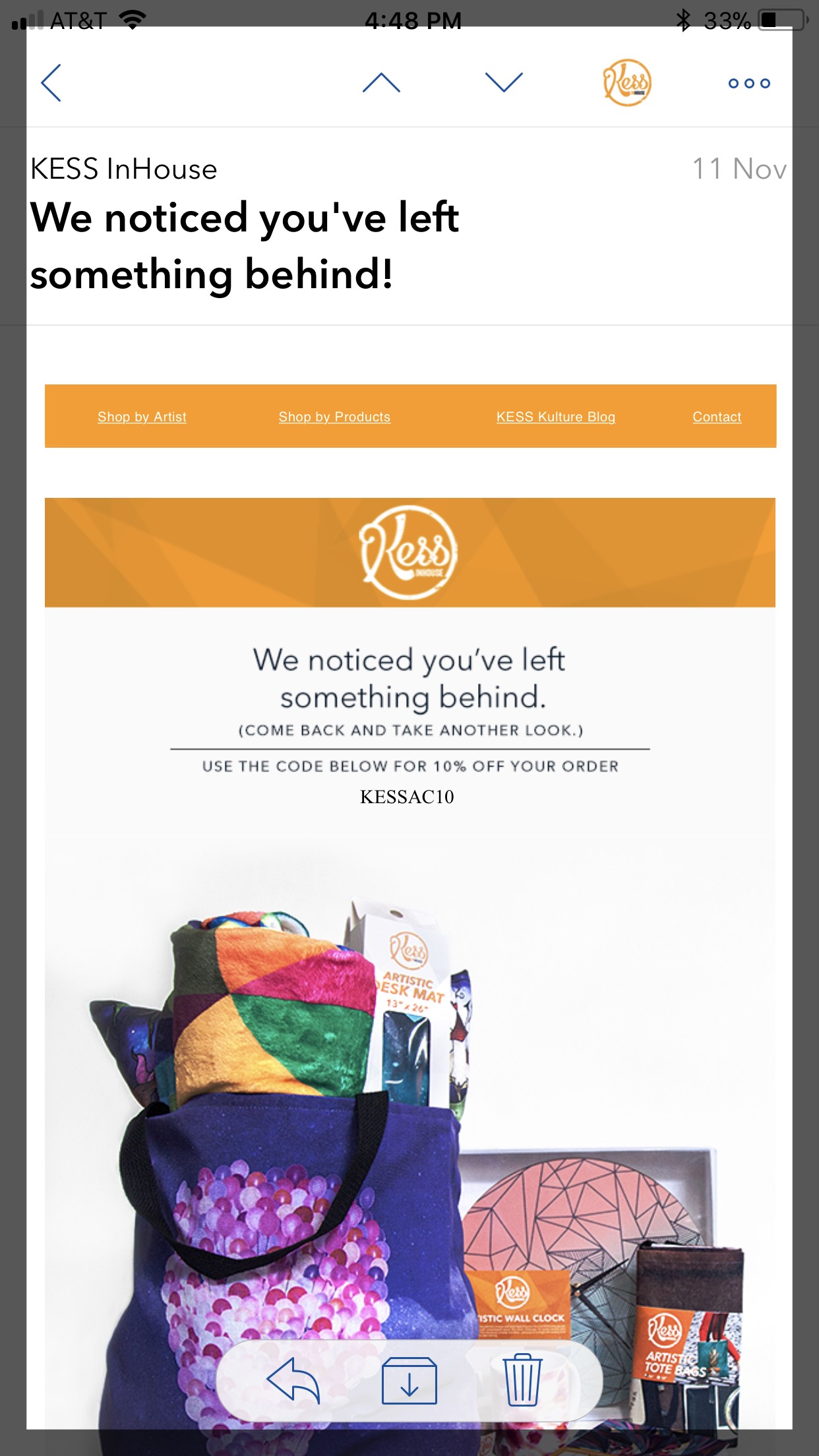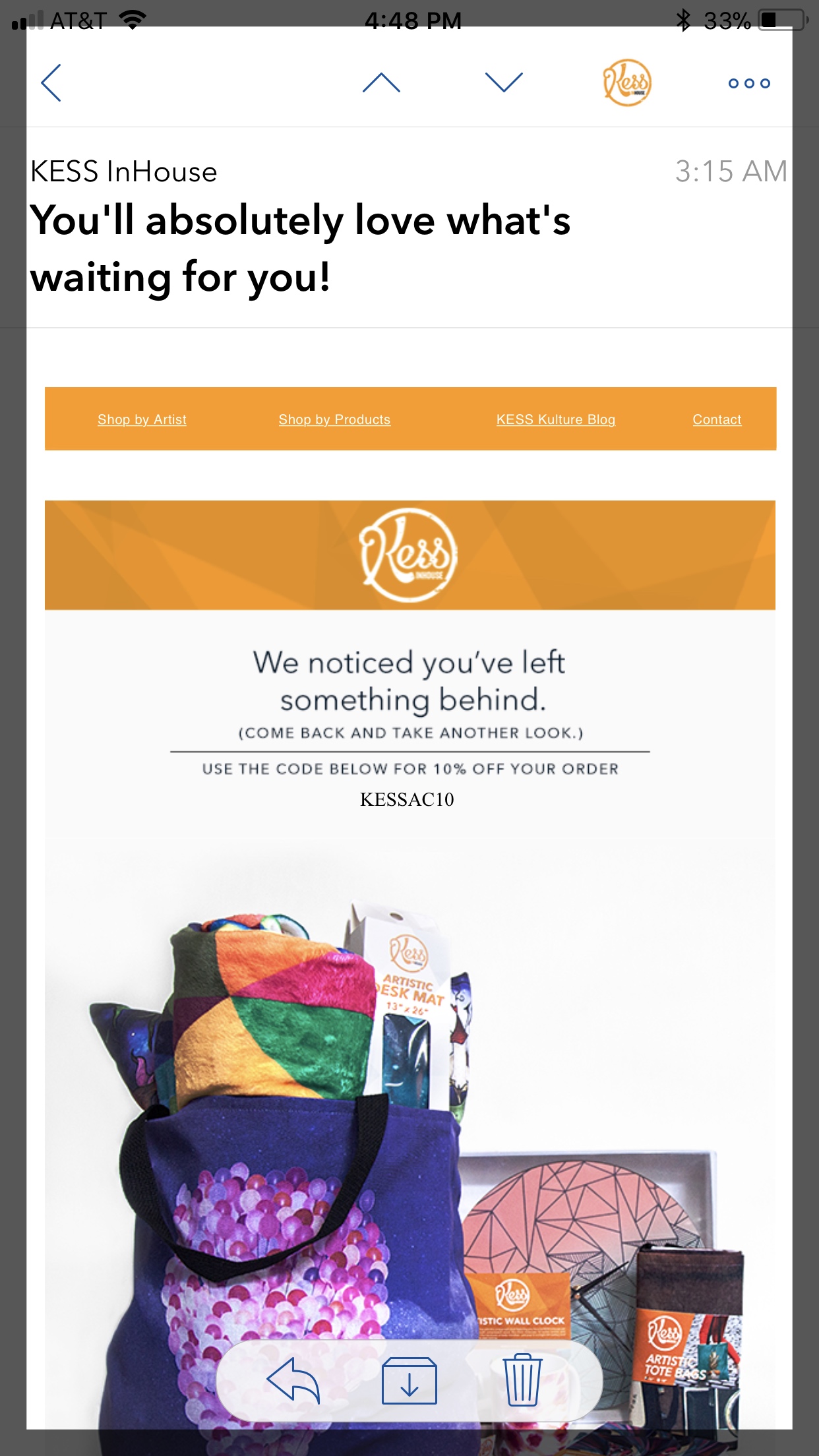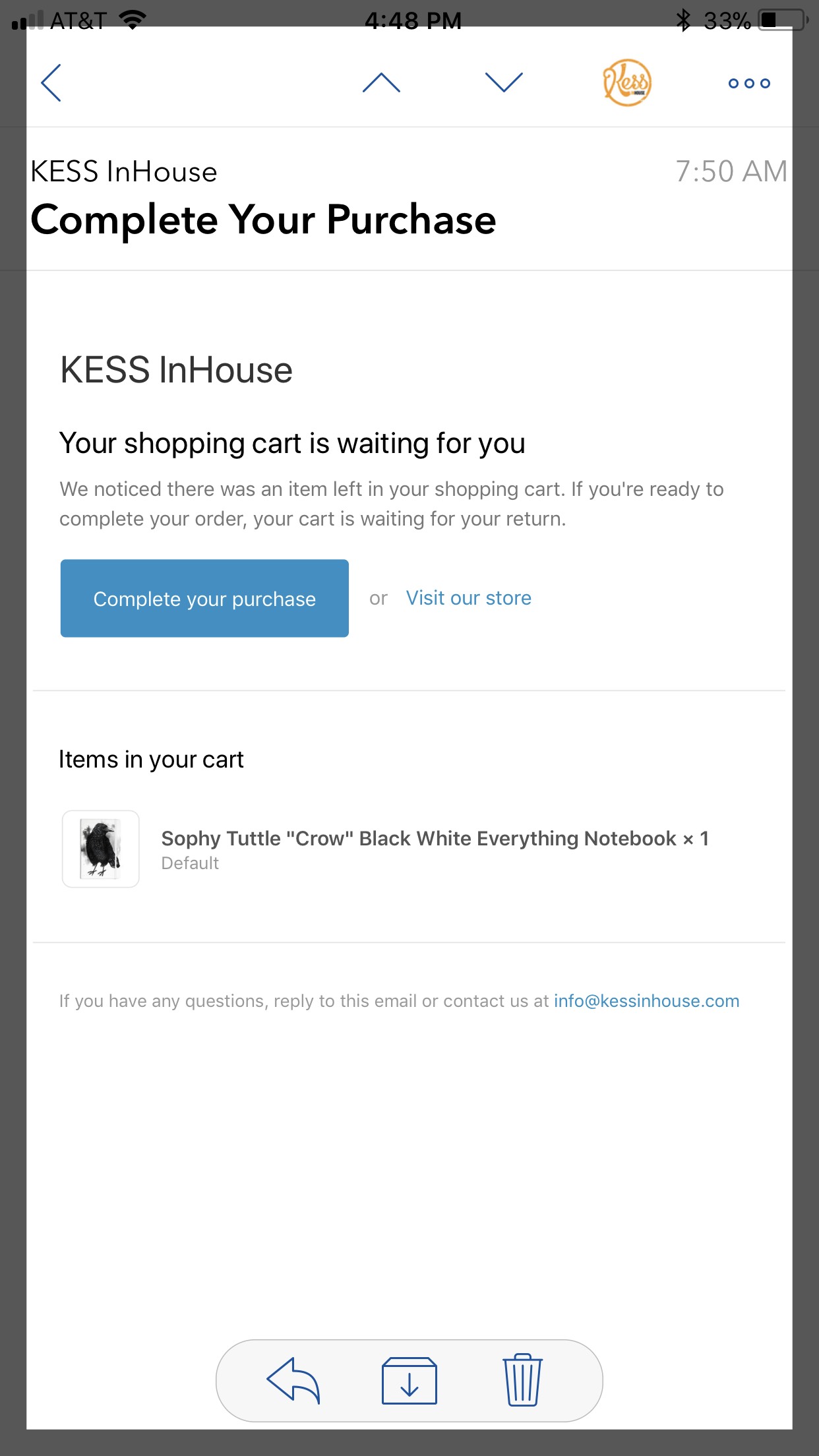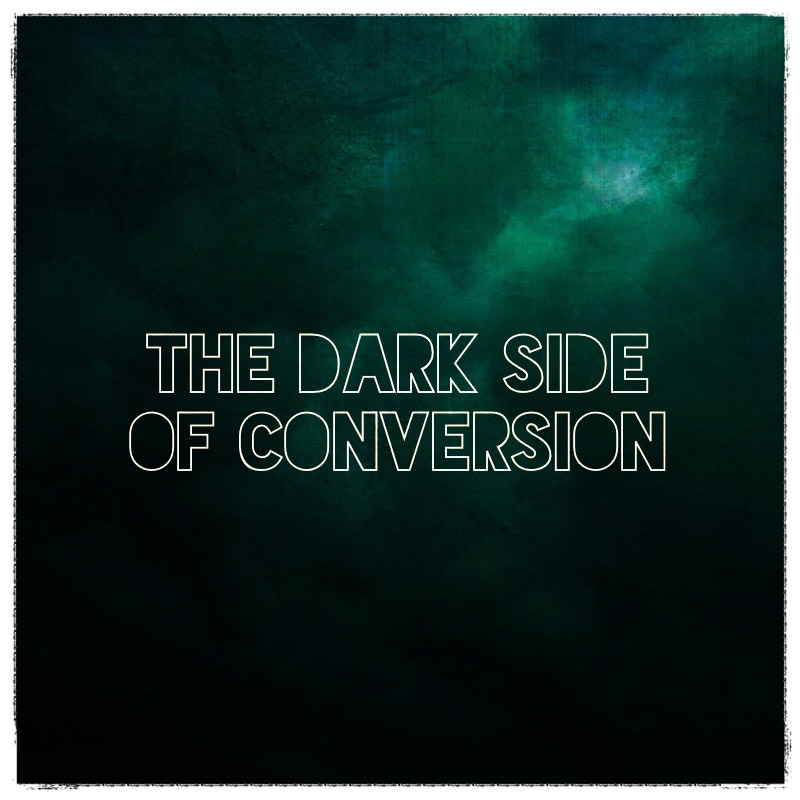 Conversion can be a tricky strategy.
Conversion can be a tricky strategy.
When handled incorrectly, even the most helpful intentions may come off as desperate (what I like to call Hungry Wolf Syndrome).
Case in point, I was recently shopping for a holiday gift for my wife, and in order to see how much shipping would cost for the item in my cart I needed to enter some personal info — including my email address.
It was all downhill from there …
Shipping was almost as much as the item, so I decided to buy from Amazon at a far lower cost.
When I checked my email, I was surprised to find … (drumroll for first conversion faux pas) … that I had somehow signed up for the company’s newsletter!
Although I entered my email address to check the shipping cost (and potentially complete the order), they decided that was permission to place me on their email list.
Later that evening, I received the following email, which reminded me I had an unpurchased item in my cart …
OK, one reminder might be a good thing, right? Maybe I had to get the kids to bed or something and just plain forgot to finish my order. But then, within just hours at 3:15 am, I received a SECOND reminder (faux pas #2) …
Now, this company is really starting to smell of desperation. Someone on the team decided — or was instructed by management — to pummel me with reminders to buy from them!
This is an example of the Hungry Wolf Syndrome at its best. I could almost see their marketing and sales department drooling for the sale, ribs protruding from hunger, eyes ablaze with the need to convert.
And then the wolf’s howl came at 7:50am — a third reminder within twelve hours (faux pas #3)!
Whether it was well-meaning, sales driven, or just plain lack of knowledge about conversion, this company did a great job of turning me completely off.
The desperation was palpable.
When it comes to conversion of any kind, be sure to examine your process and your strategies to make sure you’re adding value and developing relationships — as opposed to being perceived as a hungry wolf.
